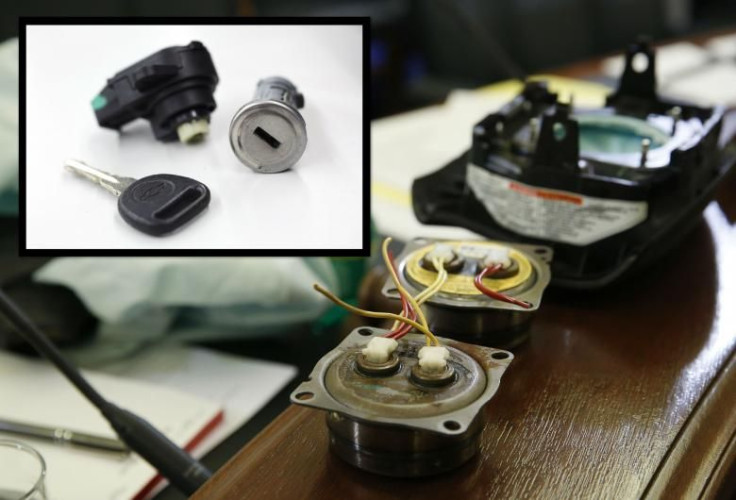Auto Recalls: US Regulator Would Gain 'Stop-Sale' Authority Over Carmakers If White House Transportation Bill Passes

The U.S. auto safety regulator would get power to unilaterally demand automakers stop selling vehicles it says have safety related defects under the White House’s multiyear transportation funding bill that went to Congress this week. But the move to reform the way car safety is regulated will likely face stiff opposition from manufacturers who succeeded in weakening legislative efforts in 2010 that would have bolstered federal oversight and increased noncompliance penalties.
Under a proposed “imminent hazard authority” clause of President Barack Obama’s sweeping, six-year, $478 billion transportation bill that went to Congress on Monday, the National Highway Traffic Safety Administration (NHTSA) would be able to order automakers to stop selling vehicles presenting “an immediate likelihood of death or serious injury to the public.”
The so-called stop-sale proposal, one of several auto safety regulatory reforms Obama’s bill is seeking in the wake of a record year for recalls, would give NHTSA broader power to unilaterally intervene on the sale of vehicles while it and the affected manufacturer settle their dispute.
Under the current law, automakers have significant power to challenge NHTSA and delay fixes by rejecting the regulator’s allegations. NHTSA must seek input from manufacturers when it identifies a vehicle safety issue, but the claim can wind up in a court battle that can last as long as two years, Joan Claybrook, a consumer advocate and former NHTSA administrator, said.
“When NHTSA does an investigation and identifies a defect, they go the manufacturer. If the manufacturer says ‘no’ then NHTSA makes an initial determination of the defect and they have a public hearing,” Claybrook said. “The hearing usually works in NHTSA’s favor, but it takes time.”
In 2013, Chrysler Group (now Fiat Chrysler Automobiles) refused NHTSA’s request to recall 2.7 million 1993-2004 Jeep Grand Cherokees and 2002-2007 Libertys because of an alleged fire risk from fuel tanks mounted behind the rear axle. Seven months later the company announced a voluntary initiative to install a trailer hitch to protect the fuel tank in the event of a rear-impact collision.
The bill also includes a provision compelling used car dealers to check their inventories for pending safety recalls, and fix any they find, before sale. Under the current law, only new cars fall under the rule. New car sellers would also be required to check for open recalls before sale, which is currently not required by law. The bill also nearly triples NHTSA funding and doubles its investigative staff.
The maximum penalty to manufacturers for not complying with recall orders would increase from $35 million to $300 million under the White House proposal. Last year, General Motors was hit with the maximum $35 million fine for delaying recalls on 2.6 million older sedans containing a dangerous ignition switch flaw.
“The fine is too small for these multinational corporations,” said Claybrook. “We don’t think there should be a cap.”
Attempts to lift the cap on penalties were struck down in 2010 after aggressive lobbying by the automakers, dealers and trade groups, who spent more than $40 million that year on congressional lobbying. The bill to increase penalties against automakers and to boost safety standards for automotive electronics was watered down after it passed Congress. The industry spent $40.1 million in lobbying efforts last year, according to the Center for Responsive Politics, down from its all-time high of $58 million in 2007.
The final bill is expected to be out in June. Here’s the complete text of the Department of Transportation bill that was sent to Congress on Monday.
2015 Department of Transportation bill (the White House version)
© Copyright IBTimes 2025. All rights reserved.






















